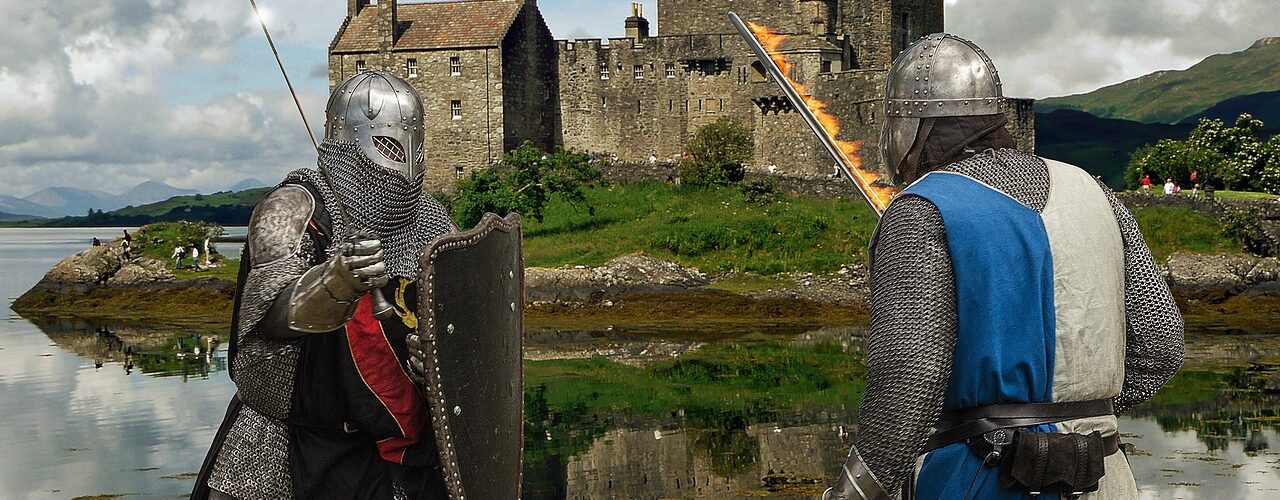Long gone are the days when humans had to constantly be on the move for basic necessities. The knowledge of agriculture allowed our ancestors to build permanent houses and settle down at one place. As time passed by, whole civilization were born and brought up by these people and today settling down has taken on additional meanings as well. The phrase ‘to settle down’ is a popular one in this regard which effectively refers to finally being content after having sorted the pursuits of life like job and marriage. ‘To settle’ can also carry the sense of being content with something which is less than what is deserved which gives it a rather negative connotation. Perhaps it is as important to settle down as it is to keep moving. But for now, let us focus more on settling down and it’s employment by the English language.
To sit or settle down was signified by the Latin word sedere. This sense gave birth to the term siege. If an army has laid siege to town, it literally means they have sat around (or settled) it or put up blockades. Its verb form is besieged which you might have heard used in sentences like “The sports star was besieged by his fans” or “Their family has been besieged with financial problems”.
An interesting word derived from sedere is seance. It is a French word referring to a gathering where people come together and try to contact spirits. Does the thought of talking to spirits interest you? I just hope they go back to where they came from after the party is over or it will be chaotic for sure.
The word reside was derived form Latin residere which is an amalgamation of the prefix re- (back, again) and sedere. Thus reside means to remain at a place. If we talk of the intelligence that resides in a primate, we are talking of the inherent intelligence they possess. It gave way to the term residence which means a place used as a home or a dwelling.
With similar roots is the term residue which refers to a small amount of something that has settled down or remained after the main part has been used or taken away. For example, ash is the residue of burnt coal. Its adjective form is residual which you may have heard when investors talk of residual risks while investing, essentially pointing to risks that remain after others have been factored in.
We should also mention the term sediment here as it derives from the same Latin root. In its noun form it means matter that has settled at the bottom of a liquid. It can also be used as a verb and refers to the process of settling down as sediments. Sedimentation is a geographical process of utmost significance, the importance of which can be judged by the fact that the deposition of sediments brought about the by river Ganges and its tributaries, forming the Gangetic Basin, led to the formation of the fertile alluvial plains in the northern and eastern regions of the Indian Subcontinent.
Table Summary:
| Prefix | Word | Suffix | Meaning |
| Reside | To live (in a certain place) | ||
| Reside | -ence | House | |
| Reside | -dual | Relating or indicating a remainder | |
| Reside | -due | Matter that remains after something has been removed | |
| Sediment | Matter that has settled at the bottom of a liquid or which has been deposited by a natural process | ||
| Siege | The act of surrounding or isolating a place (generally by military) | ||
| Be- | Siege | To lay siege | |
| Seance | A sitting where participants try to communicate with spirits |











